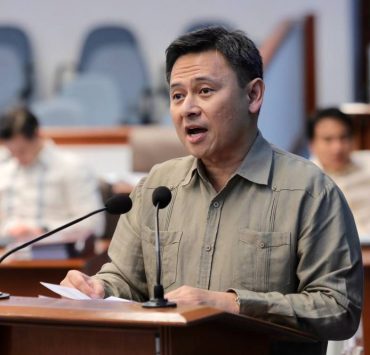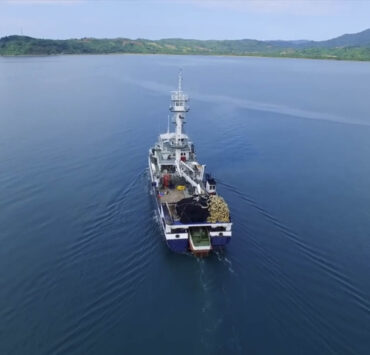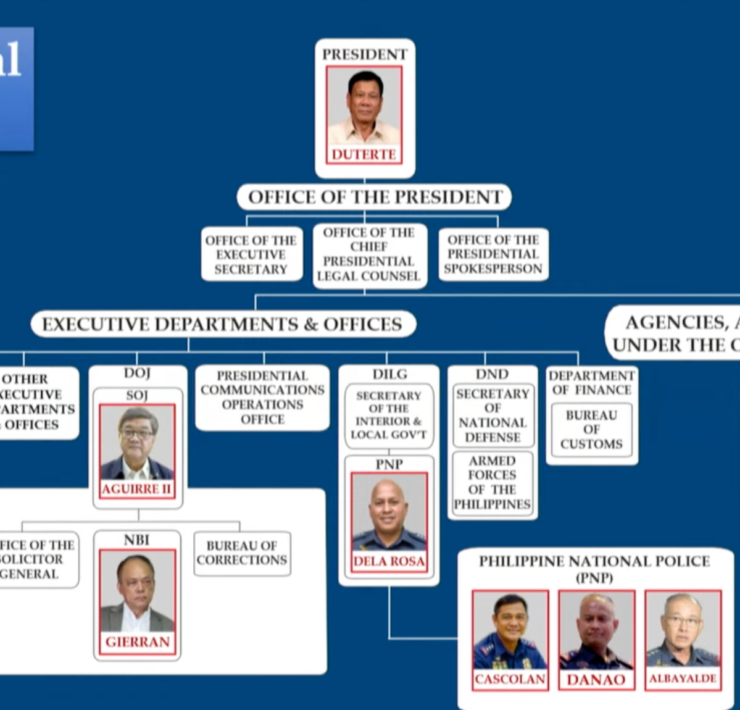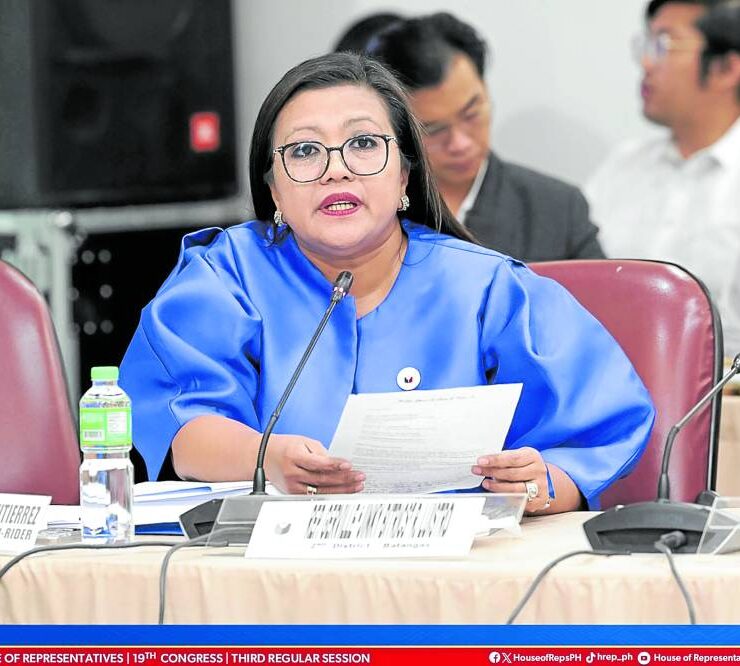SC fines judge P200k for sitting on petition
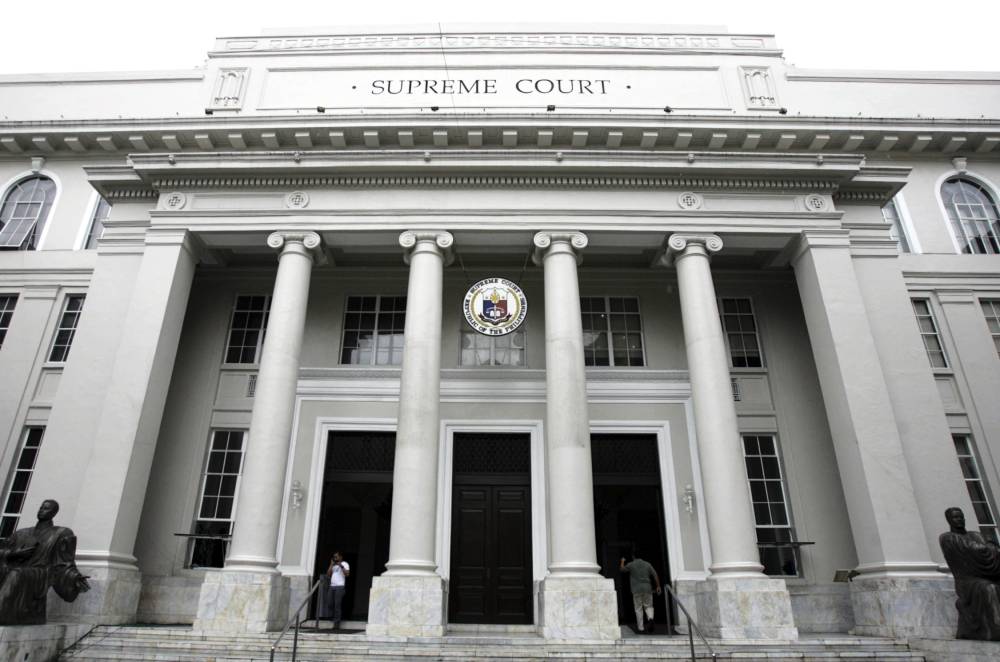
The Supreme Court has penalized a judge for a seven-year delay in resolving a request for a writ of preliminary injunction (WPI) against a construction company accused of forcibly evicting stallholders from a market in Cainta, Rizal.
In an 11-page decision promulgated on Aug. 12 and made public on Tuesday, the Supreme Court en banc found Presiding Judge Miguel Asuncion of the Antipolo City Regional Trial Court (RTC) Branch 99 guilty of gross neglect of duty. Asuncion was fined P201,000.
The case stemmed from a damages complaint with a request for a WPI filed by Rolly Castillo and other stallholders at New Cubao Central Market in Rizal against engineer Alfred Figueras of Princeville Construction and Development Corp., alleging that the company had forcibly evicted them to seize control of the market.
Asuncion conducted a hearing on the WPI request on April 1, 2016, ordering both parties to submit memorandums.
Castillo and the other stallholders filed theirs on July 14, 2016, while Princeville Construction did not.
On July 20, 2017, the plaintiffs filed a motion to reopen the hearing due to new evidence, submitting the necessary pleadings, but the motion remained unaddressed.
Additional motions followed until Dec. 7, 2018, but Asuncion did not issue a resolution.
Pressing duties
In 2021, Castillo lodged a complaint against Asuncion for gross inefficiency over his prolonged inaction.
In his defense, Asuncion argued that the plaintiffs’ multiple motions had contributed to the delay and that he had pressing duties, including handling search warrants, bail applications, and his role as executive judge of the RTC Antipolo City from 2020 to 2022 during the COVID-19 pandemic, as well as additional assignments as a special commercial court and cybercrime court judge.
Despite the pending complaint, Asuncion eventually denied the WPI request on April 11, 2023.
The Judicial Integrity Board (JIB) recommended finding Asuncion guilty of gross neglect of duty, pointing out that the WPI request had been submitted for resolution on April 1, 2016, but remained unresolved for seven years, with the delay predating the pandemic.
Urgent prayer
Voting 15-0, the Supreme Court affirmed the JIB’s ruling that Asuncion had failed to resolve the case within the three-month period mandated by Article VIII, Section 15 of the Constitution.
“Judge Asuncion’s seven-year delay is inexcusable considering that the prayer for the issuance of a writ of preliminary injunction, by its nature, implies that it must be addressed urgently,” the high court said in the decision penned by Associate Justice Henri Paul Inting.
The high court also noted that Castillo and the other plaintiffs had emphasized the threat to their livelihood in their pleadings and found that the plaintiffs’ motions did not contribute to the delay, as they merely sought to prompt Asuncion for a resolution.
Rejecting Asuncion’s argument that the pandemic affected his duties, the Supreme Court said: “While the COVID-19 pandemic was surely a challenging time for all members of the judiciary, it cannot be used as a justification for wrongful acts or omissions that took place prior or during this period.”














